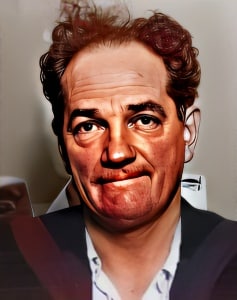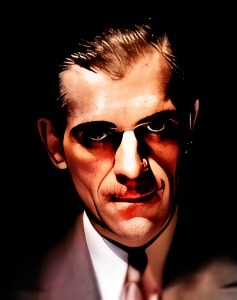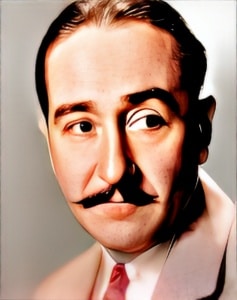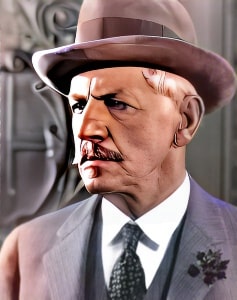 Norman Selby, known by his professional name “Kid McCoy,” was a renowned American boxer who made a significant impact on the world of professional boxing in the late 19th and early 20th centuries.
Norman Selby, known by his professional name “Kid McCoy,” was a renowned American boxer who made a significant impact on the world of professional boxing in the late 19th and early 20th centuries.
Born on October 13, 1873, in Moscow, Pennsylvania, McCoy’s career was marked by triumphs, controversies, and a legacy that extended beyond the boxing ring.
Kid McCoy’s journey into the sport of boxing coincided with a period when boxing was gaining widespread popularity in the United States. His quick ascent in the world of pugilism was partly due to his natural talent, agility, and unyielding determination.
A pivotal moment in Kid McCoy’s career occurred in 1896 when he faced and defeated the reigning world middleweight champion, Dan Creedon. This victory catapulted McCoy into the limelight and established him as a formidable contender in the sport. It was also during this time that McCoy earned the moniker “The Real McCoy” for his authentic and unrelenting fighting style.
Kid McCoy’s success wasn’t confined to a single weight class. In 1898, he claimed the world welterweight championship, further solidifying his status as a top-tier boxer. His victories in different weight divisions showcased his versatility and prowess as a fighter.
One of the most memorable bouts in McCoy’s career was his 1900 fight against Joe Choynski, a fierce and skilled opponent. McCoy emerged victorious, solidifying his reputation as a formidable and determined boxer.
However, Kid McCoy’s career was not without controversy. In 1903, he became embroiled in a scandal involving a fixed fight with Al Neilan. This scandal tarnished his reputation and led to legal consequences. Despite this setback, McCoy continued to compete in the boxing world, demonstrating resilience in the face of adversity.
As the transition from the late 19th century to the early 20th century brought changes to the sport of boxing, Kid McCoy remained a prominent figure. His ability to adapt to various fighting styles and his trademark “corkscrew punch” made him a challenging opponent for many.
Beyond the boxing ring, Kid McCoy made forays into acting and promotional work, attempting to leverage his fame and persona. These ventures, however, were met with varying degrees of success, and McCoy’s later years were marked by personal struggles and financial difficulties.
One notable aspect of Norman Selby’s life was his involvement in D.W. Griffith’s seminal silent film, “ Broken Blossoms” (1919). In this film, Selby portrayed the character of a prizefighter, a brutal and menacing figure who plays a pivotal role in the plot. His appearance in “ Broken Blossoms” demonstrated his ability to transition from the world of boxing to the world of cinema, showcasing his versatility as a performer.
Norman Selby’s life ended in 1940 under mysterious circumstances, marking the conclusion of a life characterized by victories, controversies, and personal trials. His legacy in the world of professional boxing and his brief foray into the world of silent film serve as testaments to his enduring impact on both sports and entertainment during a pivotal era.
Loading live eBay listings...




